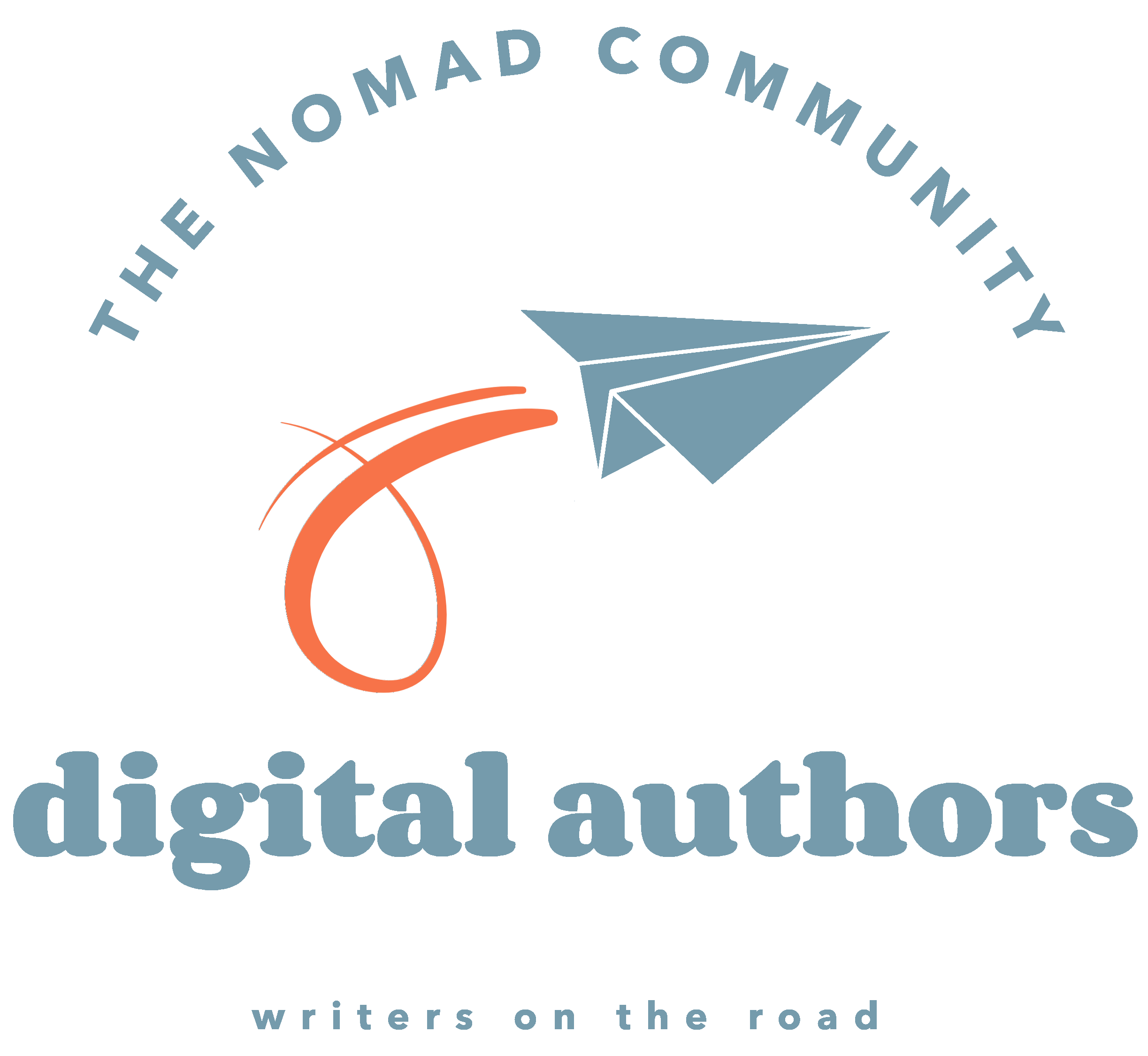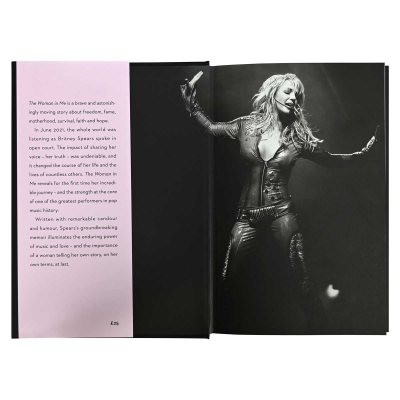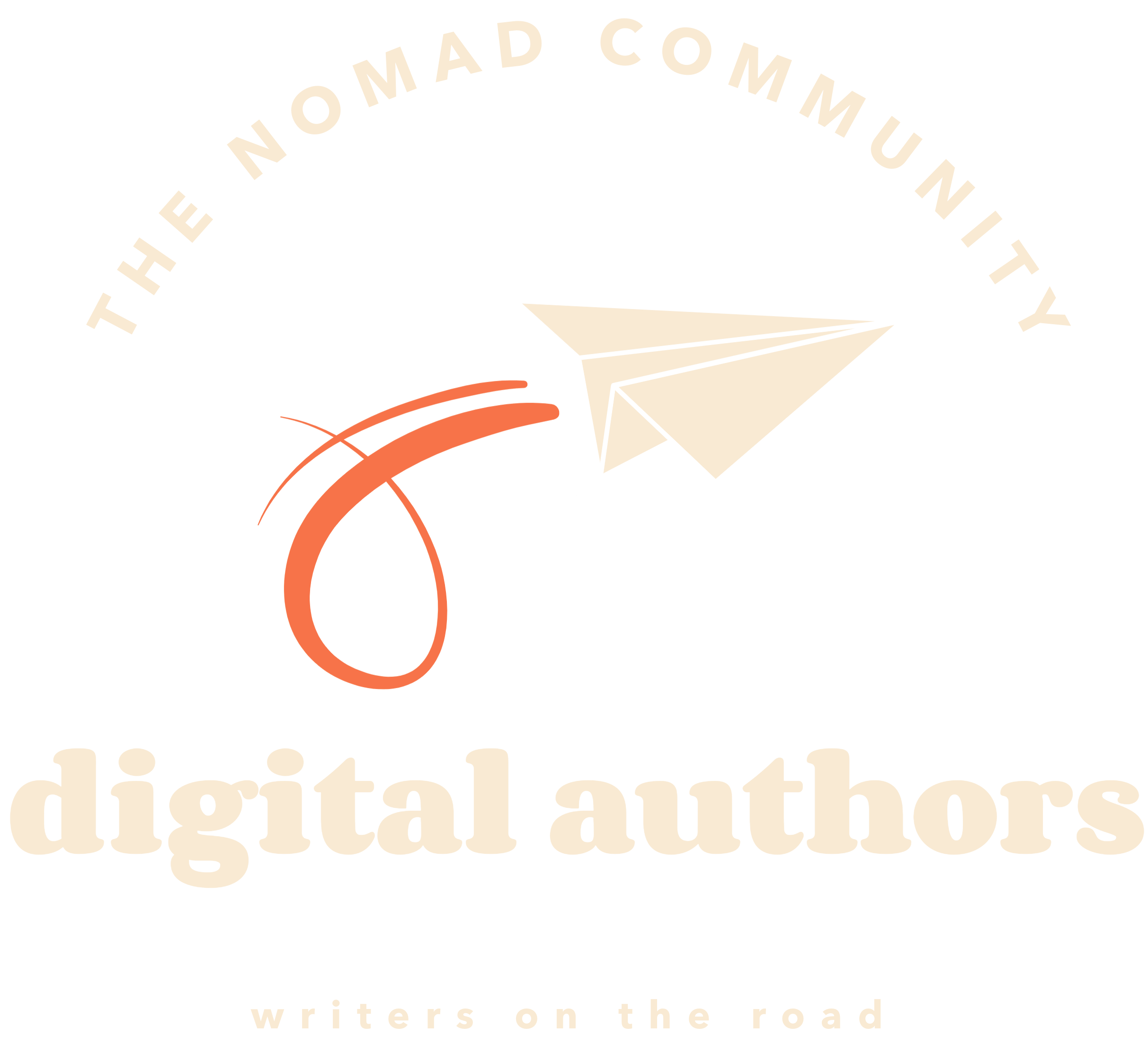Hello, aspiring authors and knowledge enthusiasts! Starting the journey of writing a non-fiction book without prior experience might seem like a daunting task. But fear not – we’re here to provide you with practical steps on how to write a non-fiction book with no experience. Let’s delve into the process and equip you with actionable strategies to transform your expertise into a compelling book. So, gather your determination, and let’s explore the art of non-fiction writing, even if you’re starting from scratch.
- Identify Your Expertise: Choose a subject you’re deeply knowledgeable about. Your expertise will provide the foundation for your non-fiction book.
- Outline Your Content: Before you begin writing, create a detailed outline. Organize your book’s chapters or sections to give your writing structure.
- Set a Consistent Schedule: Dedicate regular time to writing. Consistency is key to making steady progress on your non-fiction book.
- Write Freely: During your initial drafts, focus on getting your ideas down without worrying about perfection. You can refine your writing later.
- Paint Vivid Pictures: Use descriptive language to paint a clear picture for your readers. Help them visualize your concepts and ideas.
- Develop Clear Explanations: Non-fiction writing requires clarity. Explain complex topics in a way that’s easy for readers to understand.
- Incorporate Research: Back up your points with credible sources and research. Ensure accuracy and provide valuable insights to your readers.
- Craft Engaging Examples: Use real-life examples, case studies, or anecdotes to illustrate your concepts and make them relatable.
- Edit and Revise: After completing your first draft, take a break and then return to edit for clarity, coherence, and flow.
- Seek Feedback: Share your work with peers, experts in your field, or writing groups. Constructive feedback will help you refine your content.
- Embrace Learning: Dive into resources related to non-fiction writing. Learn about structuring chapters, weaving narratives, and engaging readers.
- Study Successful Authors: Analyze non-fiction books by accomplished authors. Observe their techniques and incorporate them into your writing.
- Set Achievable Milestones: Divide your writing process into manageable milestones. Celebrate your progress at each stage.
- Rewriting for Impact: Non-fiction often requires revisiting and revising to ensure your ideas are communicated effectively.
- Embrace Curiosity: Maintain a curious mindset. Keep exploring your topic and seeking new insights to enrich your content.
Ready to Embark on Your Non-Fiction Journey? If you’re eager to delve into the world of non-fiction writing and learn how to write a book with no experience, we’re here to guide you every step of the way. Connect with us to explore our enriching writing coaching services, immerse yourself in our transformative writers’ retreat set against the stunning backdrop of Costa Rica, and stay connected through our insightful newsletter. With our personalized guidance, you’ll transform your expertise into a compelling non-fiction book that resonates with readers. Let’s embark on this enlightening journey of knowledge sharing and creative expression together, while basking in the beauty of Costa Rica’s natural splendor.








